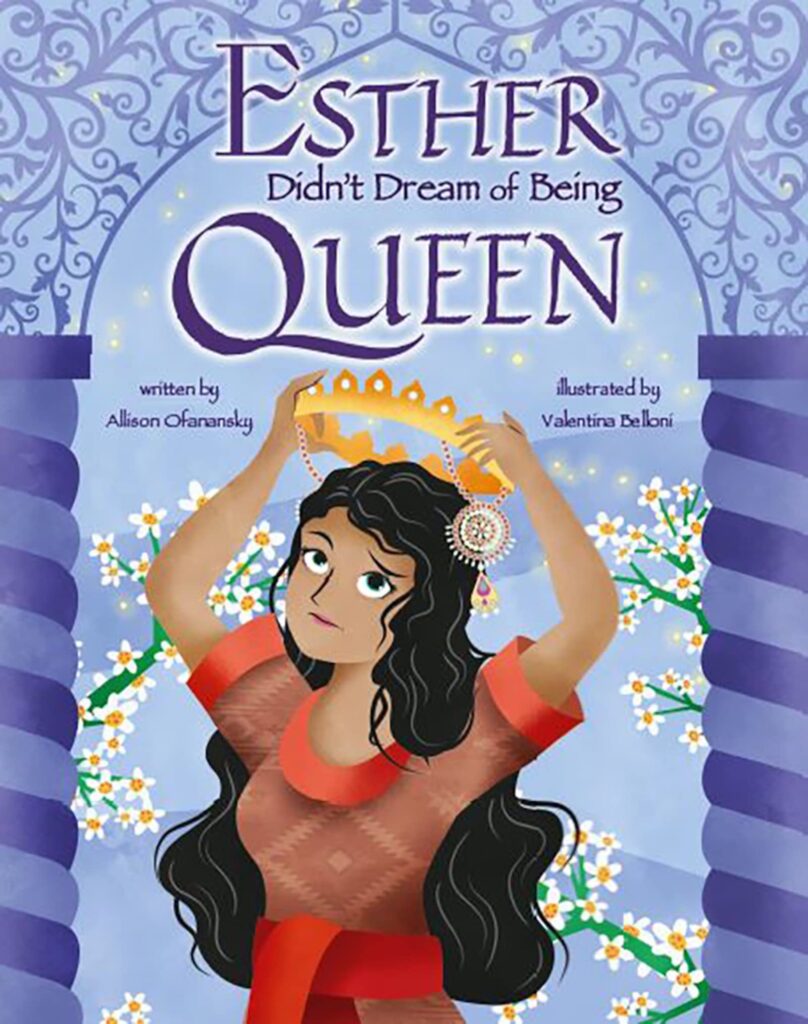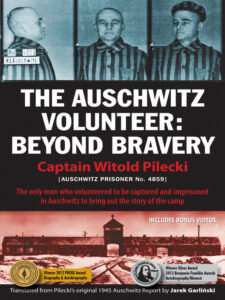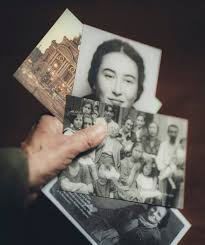Somewhere in the space between reluctance to commit and the sense of being too busy, I have found a million other things to do besides write to you.
But when I articulate for myself what this work is all about, I know: it is about being a conduit for God’s love. Which is unconditional, a form of grace, and has nothing to do with reluctance to commit, or being too busy, or the million ways in which we hide from one another and from Him. Her. It. Whichever pronouns suffice to point to that sense of Greater Than All Of This, Always. That’s what I mean when I say God. But theology is for another time. After all, this is my way of initiating (resurrecting?) “On My Mind,” which has lived on the website as the Rabbi’s Blog, and until now has been the landing spot for my sermons and teachings.
At first, it was a sense of priority: get to know several hundred families. That was the most important thing when I began two and a half years ago. I gave myself eighteen months. (If you’ve never taken me up on my open office hours, it’s still a thing. Click here to schedule time together.) As I prepared for the High Holidays last summer, I had a plan: beginning with the new Torah cycle, I would share Torah weekly—maybe a video, maybe written, maybe both. (Would that the sermon was still that forum; I do hope that one day we will get to that place, where coming together weekly on Shabbat mornings will feel compelling and holy to more of you. It does to some of us already, and those I get to see each week—and even each morning, some of us, at daily minyan online—get what I mean. But I’ve come to realize—not without sadness—that for the rest of you I’m going to have to reach out beyond that medium.) So yes, I thought, I’ll do what many of my rabbinic colleagues do, and not only write a weekly d’var torah for services, but also create something that goes out to everyone and anyone who wants to read and/or watch it.
So, B’reshit. In the beginning. Those opening words of Torah, the first parasha, that first weekly reading of the Torah cycle. That’s where I thought I would start, when this idea germinated last summer. Get through the High Holy Days, Sukkot, and then as we begin the Torah over again I’d be off and running.
We read it on the morning of October 8.
War. At that point, a terrorist attack and hostages taken and the Jewish people shattered to its core. Israel not yet striking back, not yet mobilized to retrieve those taken, still counting the missing and the dead and unsure who was which. Those first weeks-turned-into-months tipping us over the edge from the comfort zone we’d been in to a discomfort zone of anxiety, fear, sadness, uncertainty, worry, grief, despair. The writing I’ve managed to send out since then has centered around all of this. Too much else to do, holding so many people with hurting hearts. Good thing we spent those eighteen months getting to know each other.
But now it’s time to expand out. To go ahead and nourish us with Torah of all sorts. I’m not sure exactly what it will look like. Sometimes, it will be the weekly Torah reading; other times, it will be movies, or what’s on my mind with the kids or life in general. I don’t know yet. What I do know is that we need more Torah, more teaching, more wisdom, more spiritual succor. We crave it, now that the shock has taken root in our bones, the shock of this war and the resurgence of anti-Semitism; the shock of the culture of this country in this election cycle and culture-shift—but also the shocks and aftershocks to this congregation of a generational shift in leadership.
Two and a half years into my tenure as your rabbi, there are still a million things that keep me from reaching out in this way. But if I push myself to articulate why I want to write to you at all, it is this:. Because I want to be in relationship with you. And in order to do that, we have to show up for one another.
So this is me trying a new way of showing up. In return, I hope you’ll try new ways, too. Because I love you, and God loves you, whatever that might mean to you. And if you don’t know, or are surprised to hear a rabbi saying those words which have come to sound Christian or just empty—well, good. That gives us something to talk about over our next cup of coffee, our next email exchange, the next time you push yourself to show up in this relationship with me, with Oheb, and with the Jewish people.






